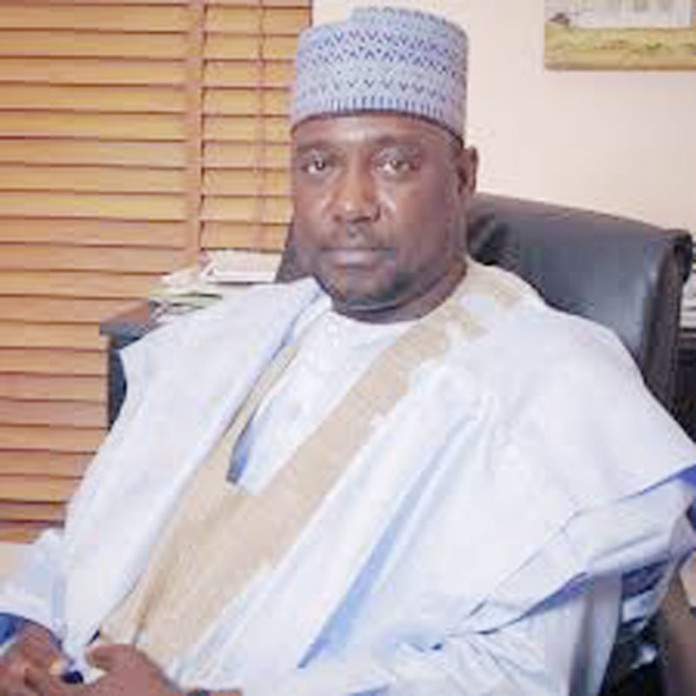.FADAMA distributes N6.6m farm inputs to dry season farmers
By Ummi Ismaeel,
Minna
Niger State rice mill is set to provide about 10,000 jobs when completed next year.
Already, the mill is producing 1.5 metric tonnes daily.
The state Governor, Alhaji Abubakar Sani Bello, disclosed this during the commissioning of a multi-million dollar Integrated Rice Processing and Milling plant constructed by the Korea International Cooperation Agency (KOICA) in Bida, Niger State.
Bello said that the project was part of his administration’s ‘Restoration Agenda’ to boost agriculture and to reduce unemployment.
Bello also disclosed his administration’s plans to evolve techniques that would make youths embrace farming.
He said that the bumper harvest recorded this farming season was a result of deliberate policies of the All Progressives Congress (APC) government aimed at not only repositioning agriculture as the mainstay of the state economy but ensure national food security.
“It is expected that the mill will generate well over t10,000 direct and indirect jobs when fully operational and this will engage our jobless youths and women as from next year”, the governor said.
Bello who however cautioned against export of essential farm produce to neighbouring countries for monetary gains said, “Exportation could expose Nigeria to food crisis. Though legitimate, the issue of patriotism and national security should not be played down when it comes to exporting food when many Nigerians and Nigerlites in particular are in want of food”.
Bello also said, “We cannot produce so much and our people cannot get food stuff to buy at a reasonable price.”
While commending the government and people of Korea for financing the project, Bello said plans were underway between the state government and the Central Bank of Nigeria, (CBN) to buy off the major food items and store them to be sold in the future, stressing, “The development was in fulfillment of my pledge to explore all avenues to attract investors and projects to the state, especially through Public Private Partnership, PPP, initiatives. The state Ministry of Agriculture will ensure the proper management of the rice mill by engaging competent hands to manage the facility”.
The Korean Ambassador to Nigeria, Noh Kyu-Duk, had explained that the gesture was informed by Nigeria’s huge socio-economic potentials, comparative advantage of cultivating rice and becoming self-sufficient.
Non-availability of high rice production capacity, according to Kyu-Duk, has been the major obstacle towards achieving self-sufficiency in rice production despite favourable conditions in many states across Nigeria.
In her remarks, the KOICA’s Country Director, Mrs. Sook Hyun Park, said that the project which started in 2008 has the capacity of processing 1.5 tonnes of rice per hour (1.5t/h) with parboiling, drying, sorting and packaging facilities and can be increased to 3.0t/h.
State Commissioner for Agriculture and Rural Development, Alhaji Aliyu Abdullahi, also hinted that the N1.8 billion project was delayed due to noticeable hitches, adding that after the Federal Government gave N45 million grants with the state also supporting with a N40 million to augment for a full scale commencement of the mill.
Meanwhile, Niger State Fadama Coordination office in Minna has distributed farm inputs and implements worth N6.6 million to farmers for the 2016/2017 dry season farming.
The National Coordinator of Fadama, Chief Tayo Adewumi, disclosed this at the launch of the 2016/2017 dry season farming at Wushishi. He said that the farm inputs and implements were to enable the farmers meet the target of cultivating at least 2, 500 hectares in the dry season farming.
Agriculture is now and will always be the main foreign exchange, the FADAMA national coordinator said, stressing that it should be taken seriously by all, including civil servants to make farming become a major driver of Nigeria’s economy.













